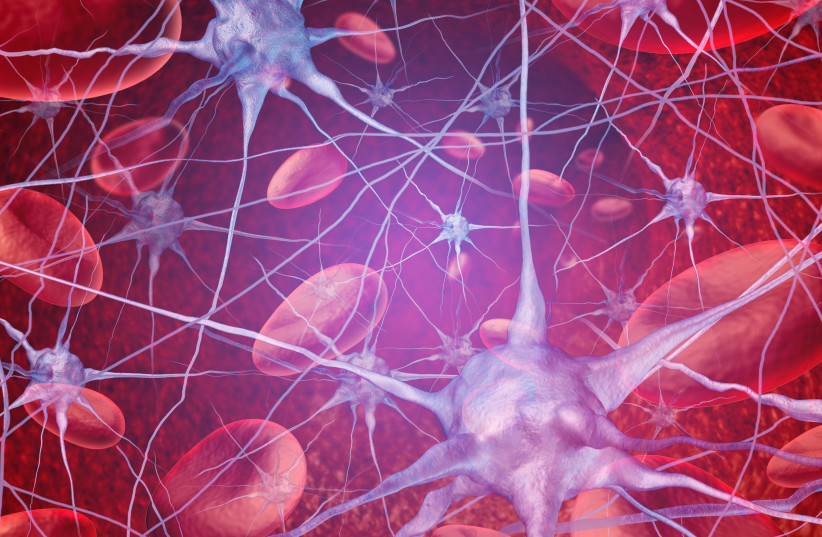On hot or cold days, the human body is usually around 37 degrees Celsius. But according to a new study the same can’t be said about the brain. In this study, researchers found that human and healthy minds are warmer than previously thought, and can measure 2 degrees more than the rest of the body.
Participants in a study published in the journal Brain had an average brain temperature of 38.5 degrees Celsius, 2.5 degrees Celsius warmer than an average temp when measured in the mouth. In deeper brain regions, the temperature was found to be above 40 degrees Celsius with 40.9 degrees being the highest temperature recorded.
The study showed that brain temperature fluctuates. Changes occur more often than scientists once thought and are affected by age, sex, monthly menstrual cycle, area of the brain and time of day.
"For me, the most surprising finding is that a healthy human brain can reach temps that are diagnosed as fever anywhere else in the body. Such high temperatures were measured in people with brain injuries, but this was assumed to be due to the injury."
Dr. John ONeill
"For me, the most surprising finding is that a healthy human brain can reach temps that are diagnosed as fever anywhere else in the body. Such high temperatures were measured in people with brain injuries, but this was assumed to be due to the injury," Dr. John O'Neill of the Medical Research Council (MRC) Laboratory of Molecular Biology in Cambridge, UK, explained in a statement.
The "normal" temperature of the human brain was never actually defined and was thought to be the same as the rest of the body. Previous studies used data from brain-damaged patients, whose brains are directly monitored. Now, brain temperatures in healthy people can be measured using a magnetic resonance spectroscopy (MRS) test, a non-invasive brain-scanning technique associated with magnetic resonance imaging (MRI).

Using MRS, the team behind the new study examined the brains of 40 healthy people - 20 men and 20 women - aged 20 to 40. Measurements were taken three times during the day, making this the first time MRS was used to track changes in brain temperatures throughout the day. Findings showed that brain temps ranged from 36.1 to 40.9 degrees Celsius. The brain surface tended to be cooler, while deeper areas were found to be warmer. The thalamus, for example, which is located deep within the brain, is where the highest temperature was recorded.
A person's gender was also shown to affect brain temperature. Female brains were 0.36 degrees warmer during the second half of the menstrual cycle after ovulation than in the first half or compared to male brains. In all participants, brain temperature varied by up to one degree during the day. The brain was the hottest in the afternoon and the coolest at night.
O'Neill added that researchers found that brain temperatures drop at night before you go to bed and rise during the day. This daily variation is related to long-term brain health, which they hope to explore later.
The study concludes that brain temperature is hotter and more variable than previously thought, and this has major implications for temperature monitoring and management, with daily brain temperature rate emerging as one of the strongest predictors of survival after brain damage.
While the authors note that their conclusions need to be validated in larger studies, they’re optimistic that this research could have clinical value in treating traumatic brain injury. Researchers said that this study invites future research to check if a disruption in daily brain temperature rhythms might be an early biological marker for a number of chronic brain disorders, including dementia.
